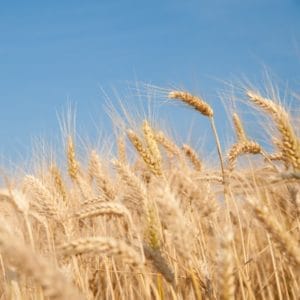Sean Cowan, The West Australian

A world-renowned scientist has warned that one of the CSIRO’s genetically modified wheat varieties has the potential to cause a deadly disease that attacks the liver.
In his report on GM wheat that is expected to be released today, New Zealand genetics lecturer Jack Heinemann, from the University of Canterbury, said the CSIRO’s technology suppressed an enzyme in the wheat which was similar to the human enzyme that produces glycogen.
Humans eating the wheat could find the technology suppresses glycogen production in their bodies, leading to liver failure.
His report was backed by Flinders University biochemist Judy Carman and molecular genetics expert Michael Antoniou, from Kings College, London.
The CSIRO yesterday revealed it had received approval from the Office of the Gene Technology Regulator for two field trials of wheat and barley with altered starch composition. The latest crop had been planted in the ACT in June.
It is understood this type of GM wheat has not been planted in WA. But the CSIRO would not comment on Professor Heinemann’s findings.
Professor Heinemann told _The West Australian _ he had not seen any evidence the CSIRO had even considered the possibility that this variety of GM wheat could affect human glycogen production.
“There are very special risk assessments that should be done on this kind of modification because we have very limited experience with this,” he said. “The vast majority of GM organisms in the human food supply have been modified to change a protein and that’s a very different molecule with a different risk spectrum.”
Professor Heinemann said he wasn’t able to identify which sequence the CSIRO had used to suppress enzyme production in the wheat. But he had identified several possible sequences, each of which raised a different possible reaction.
The Safe Food Foundation, which commissioned the investigation, called on the CSIRO to reveal the details of the sequence used so independent researchers could investigate the ramifications for humans.

